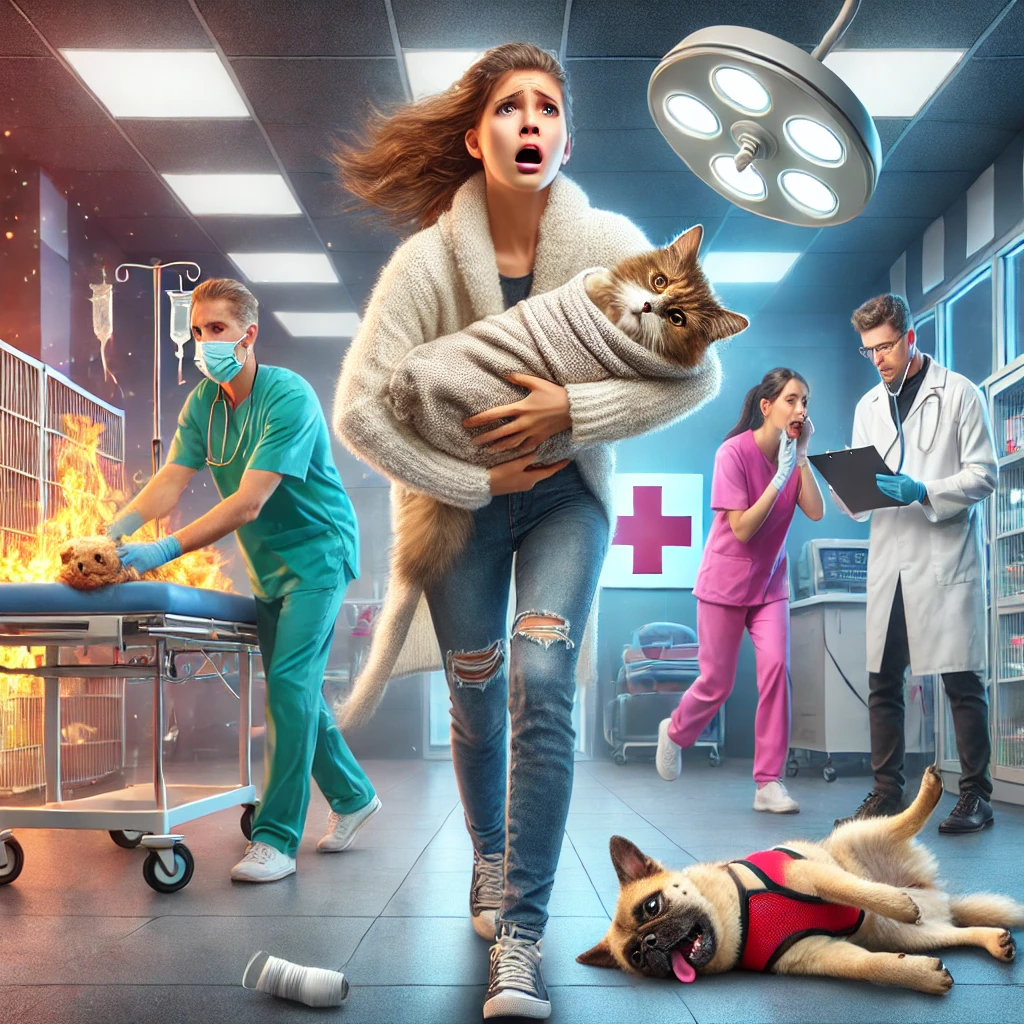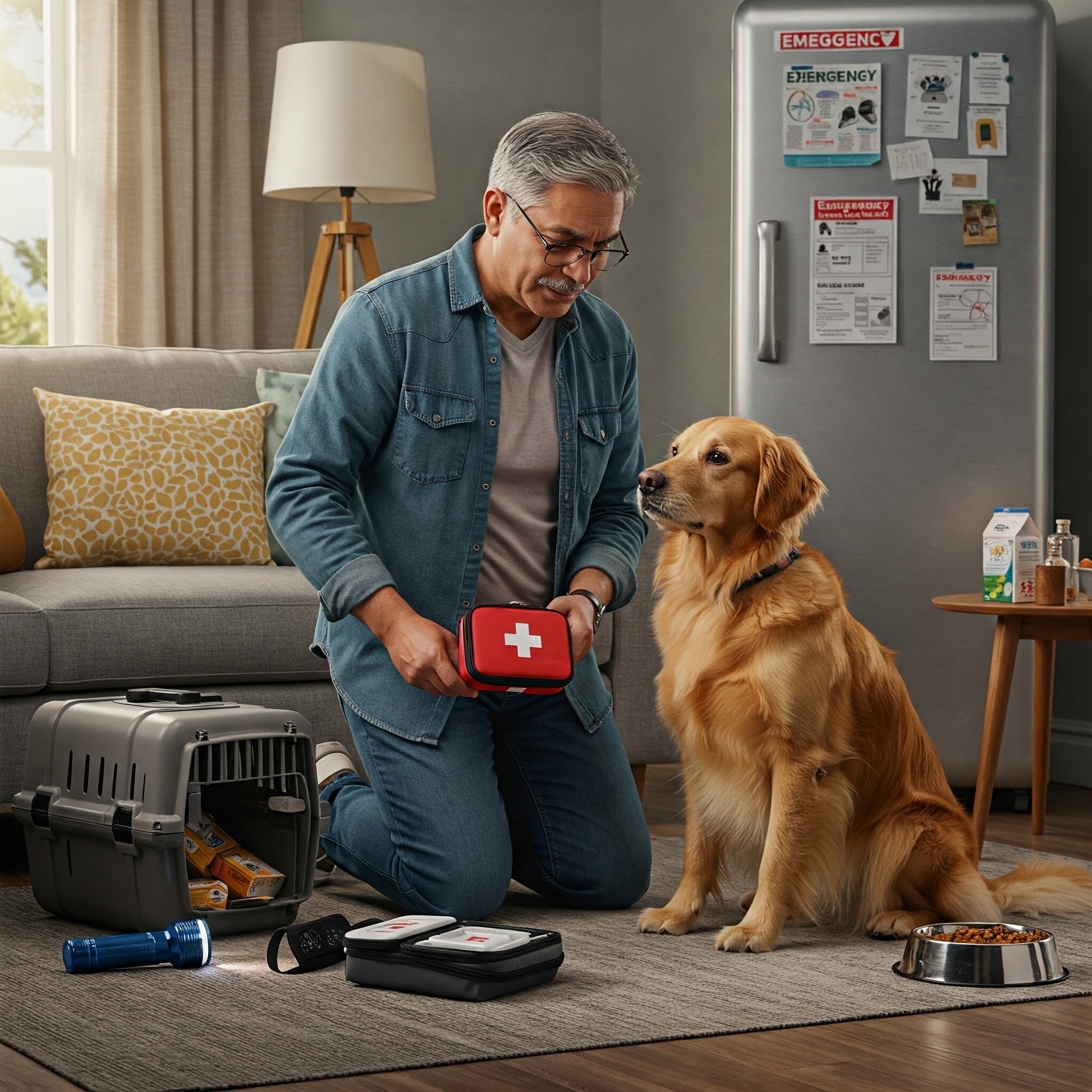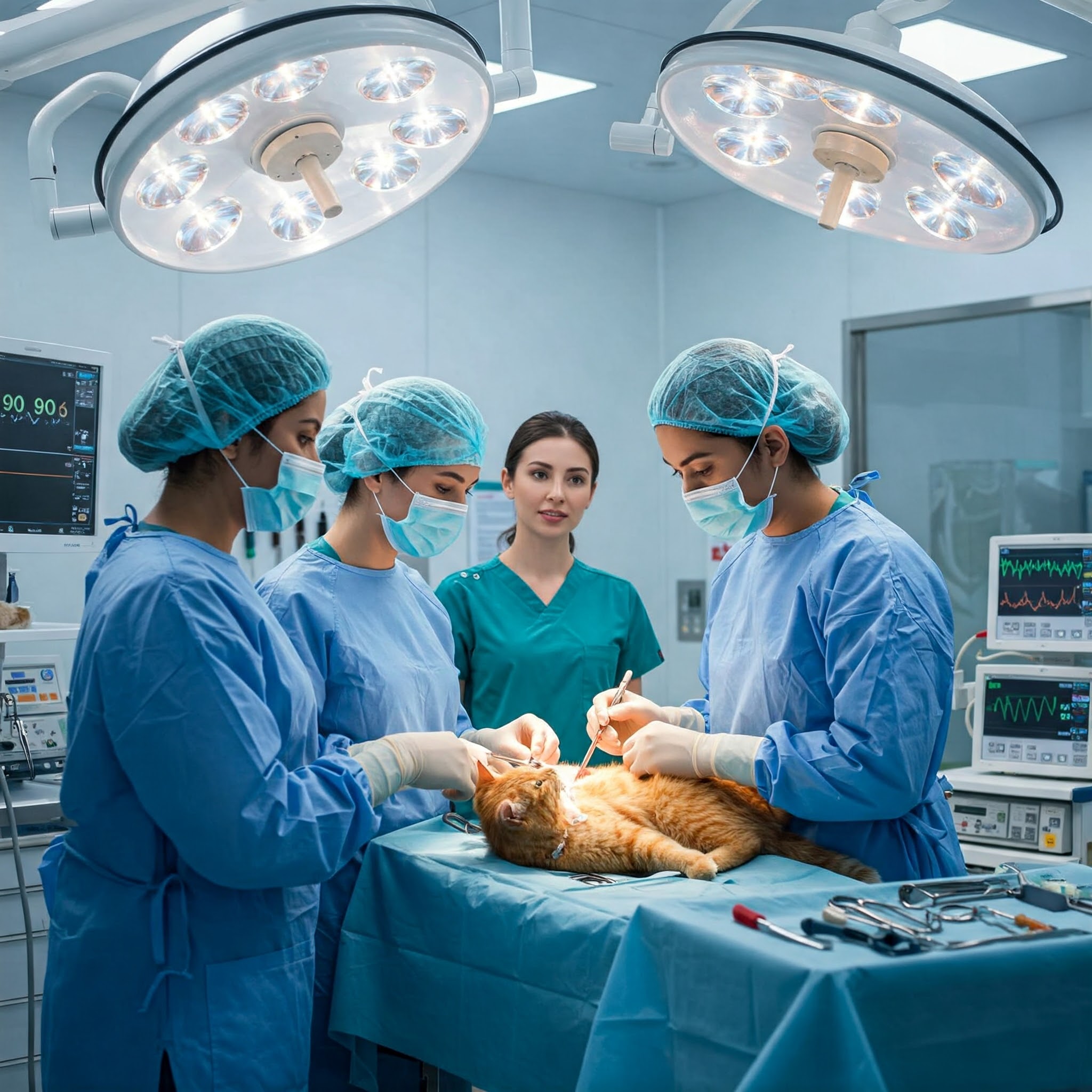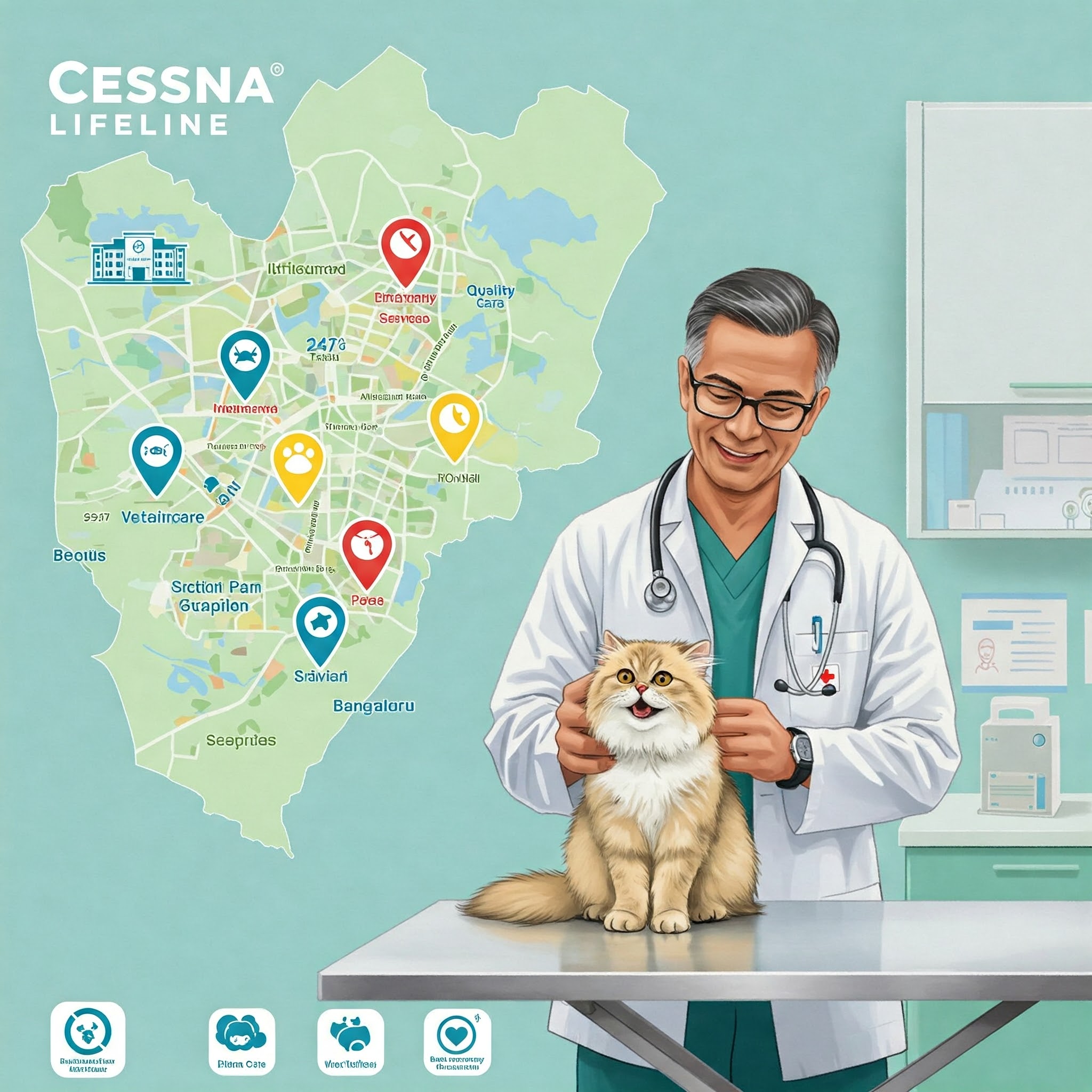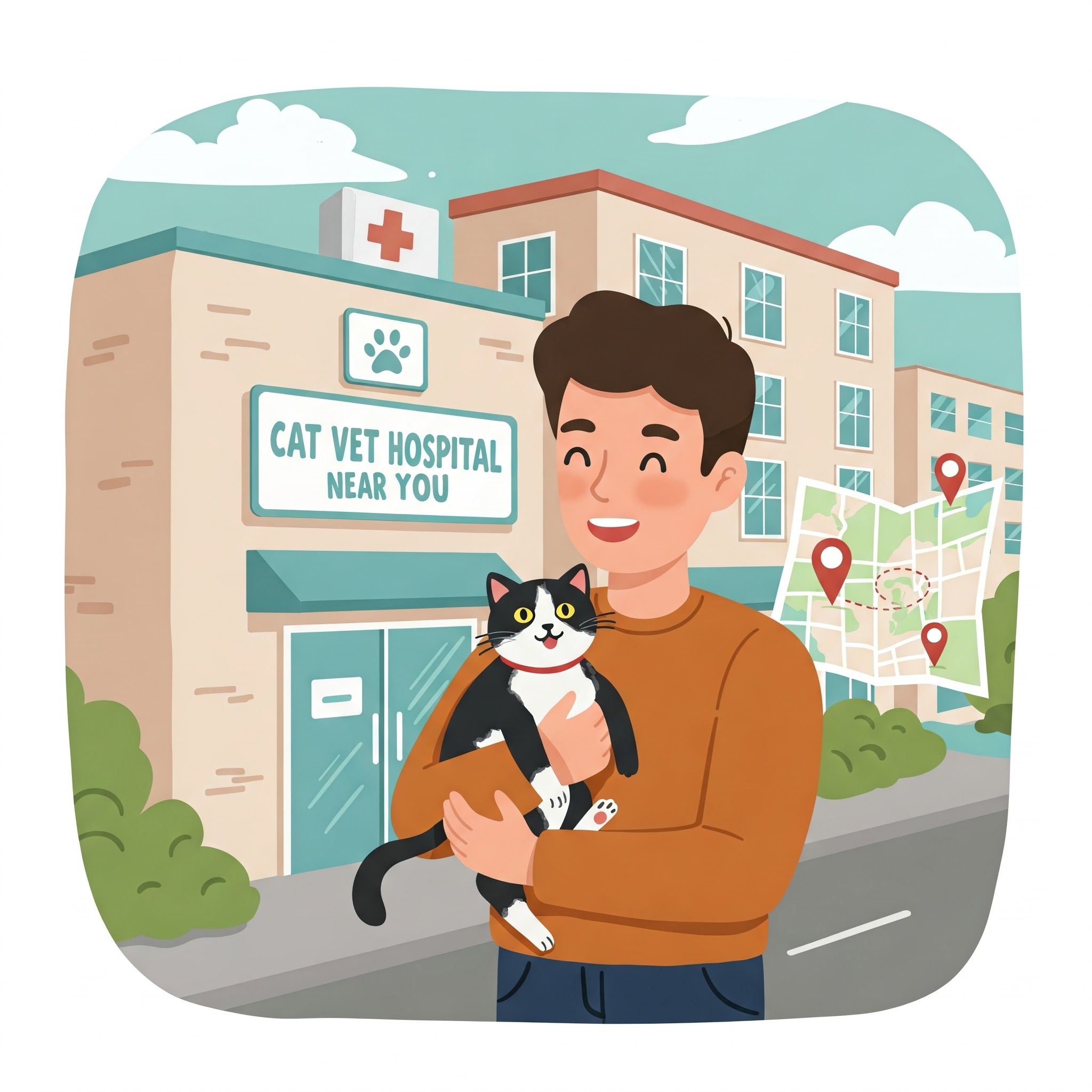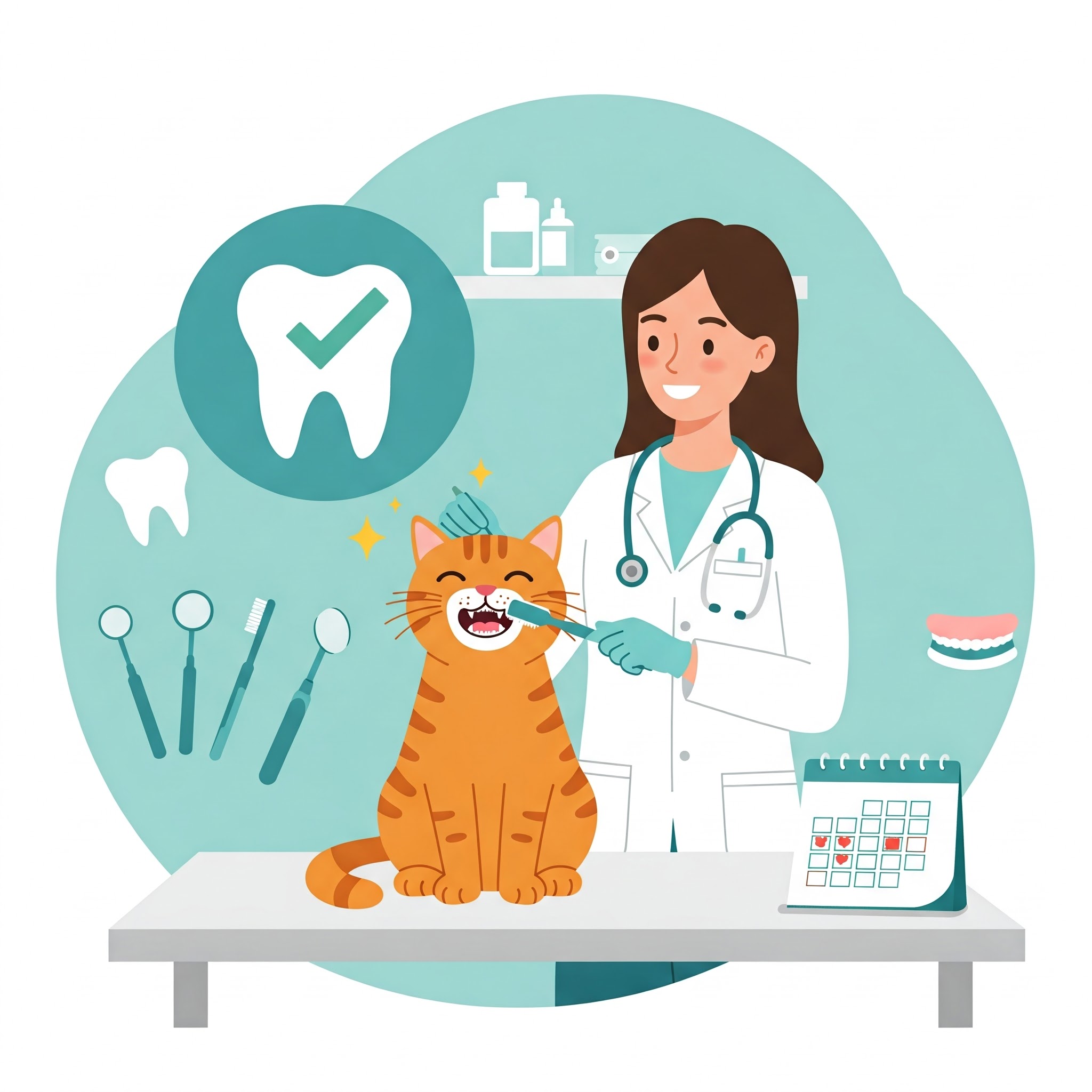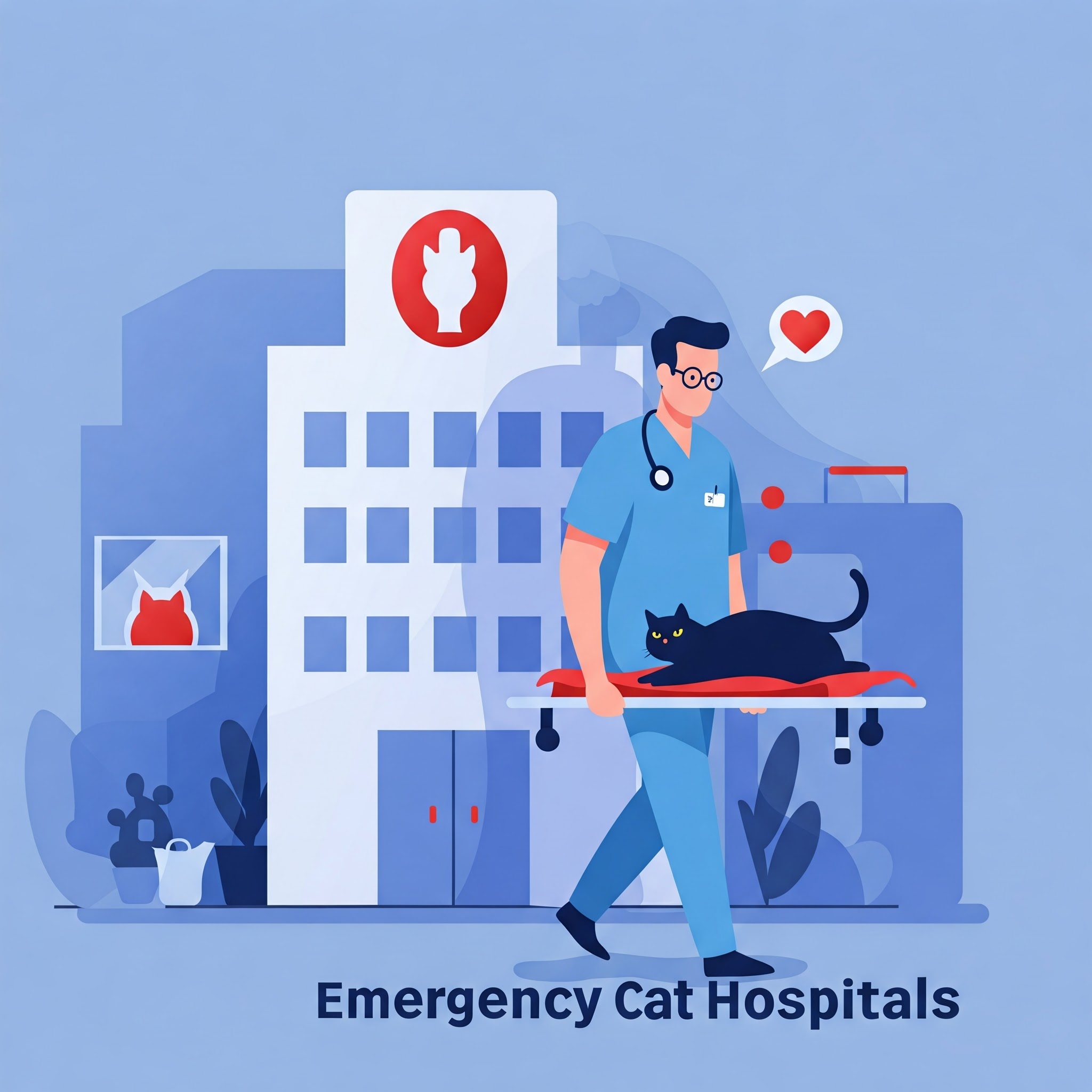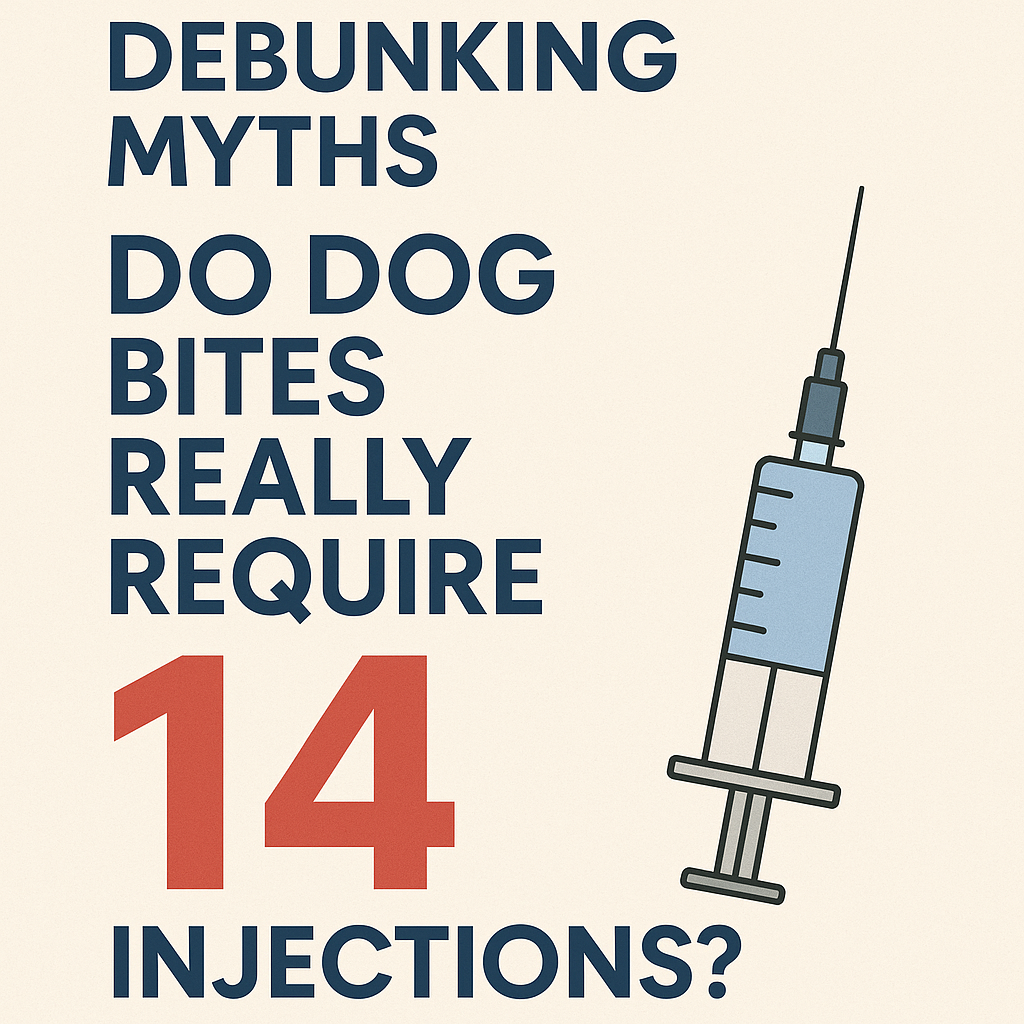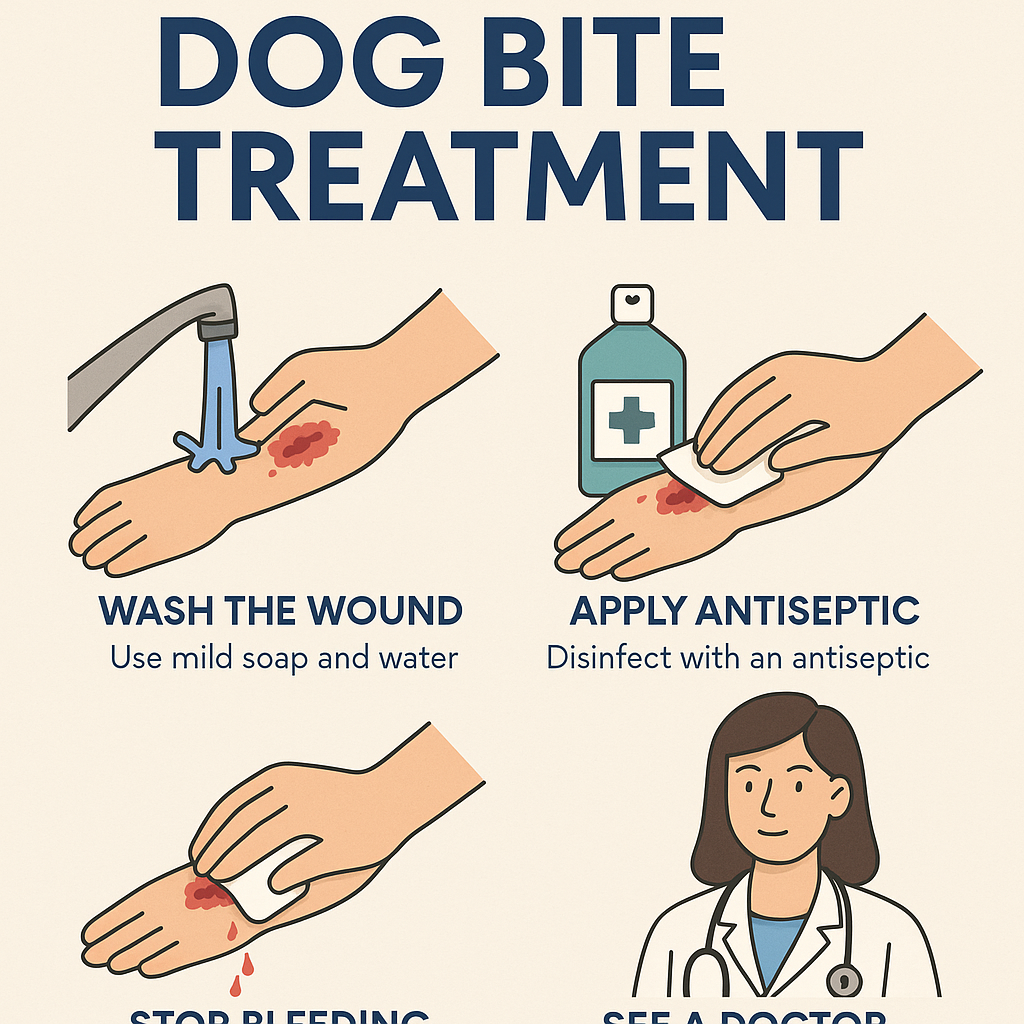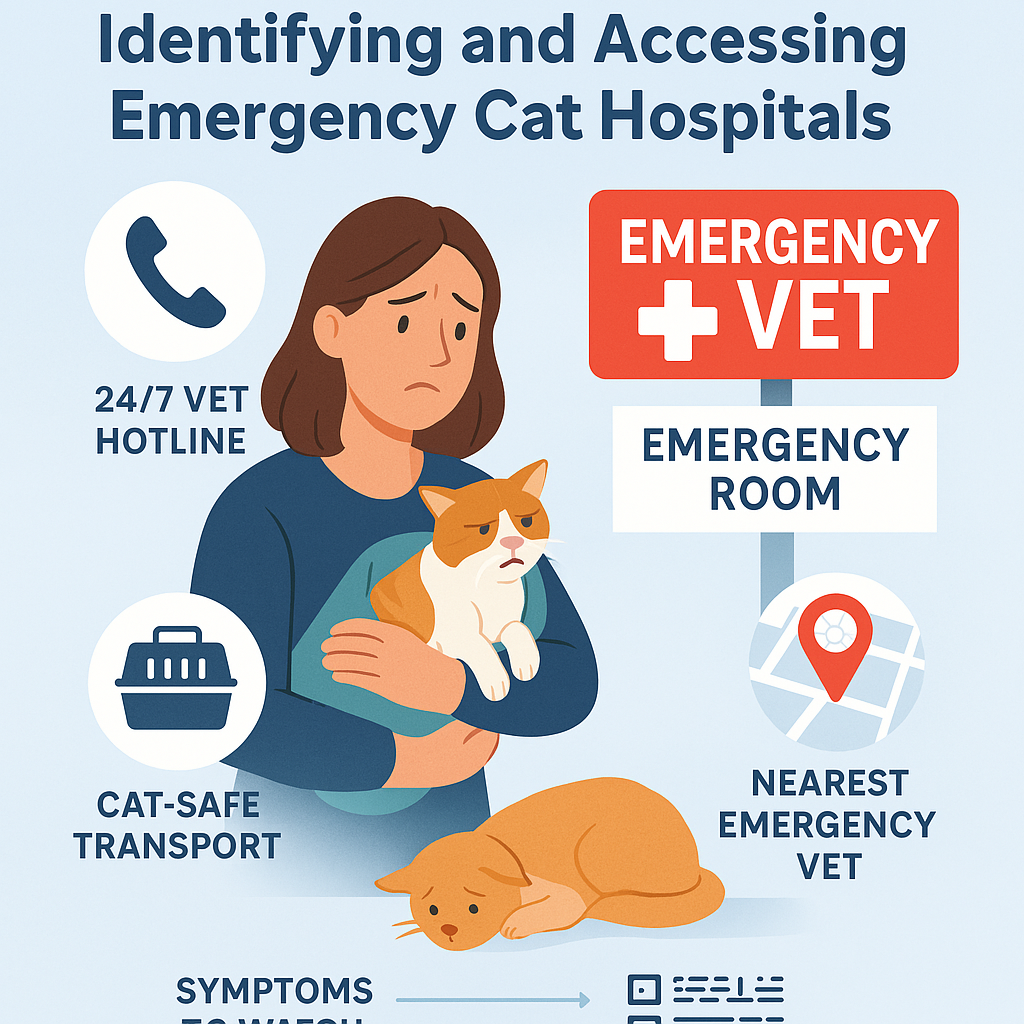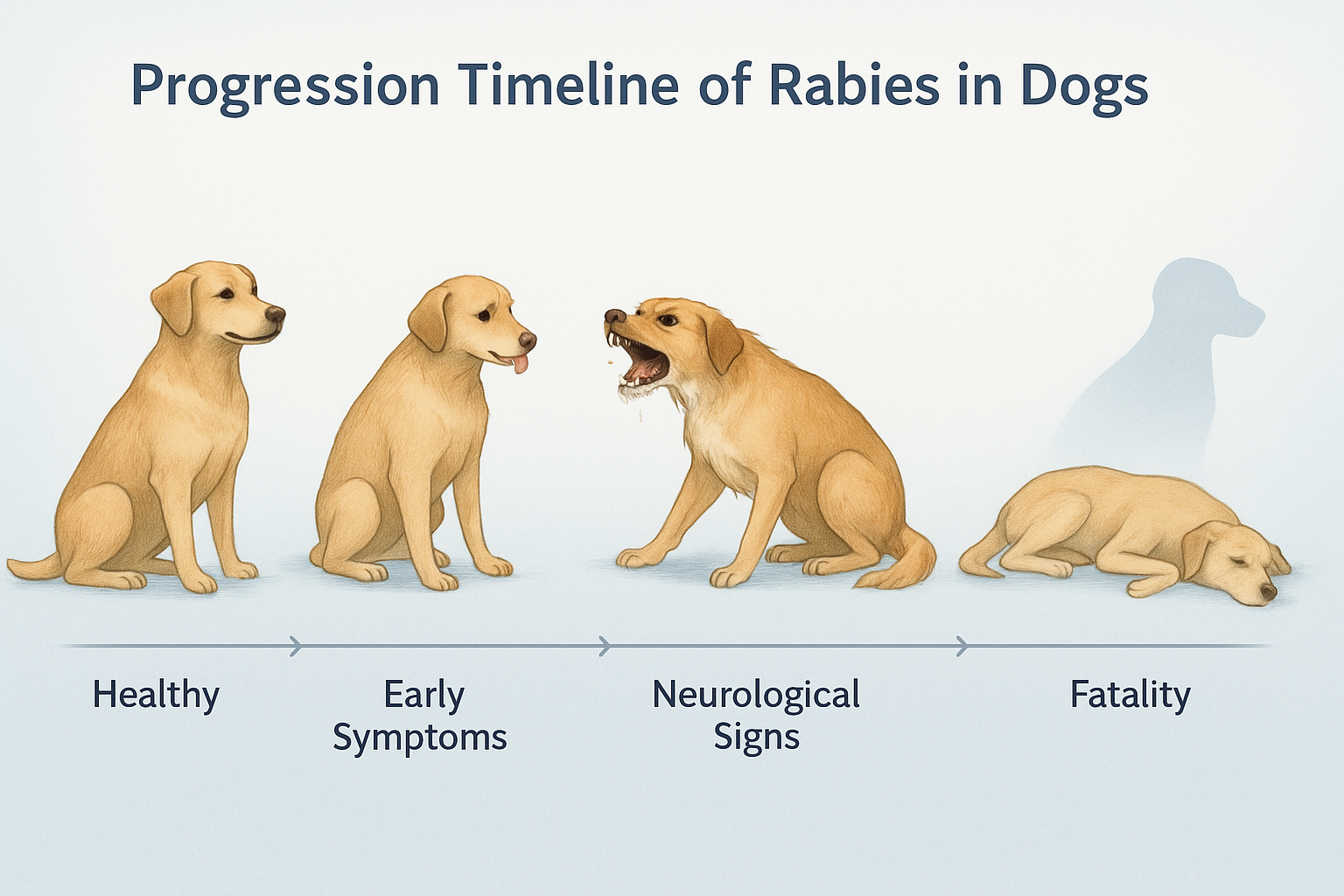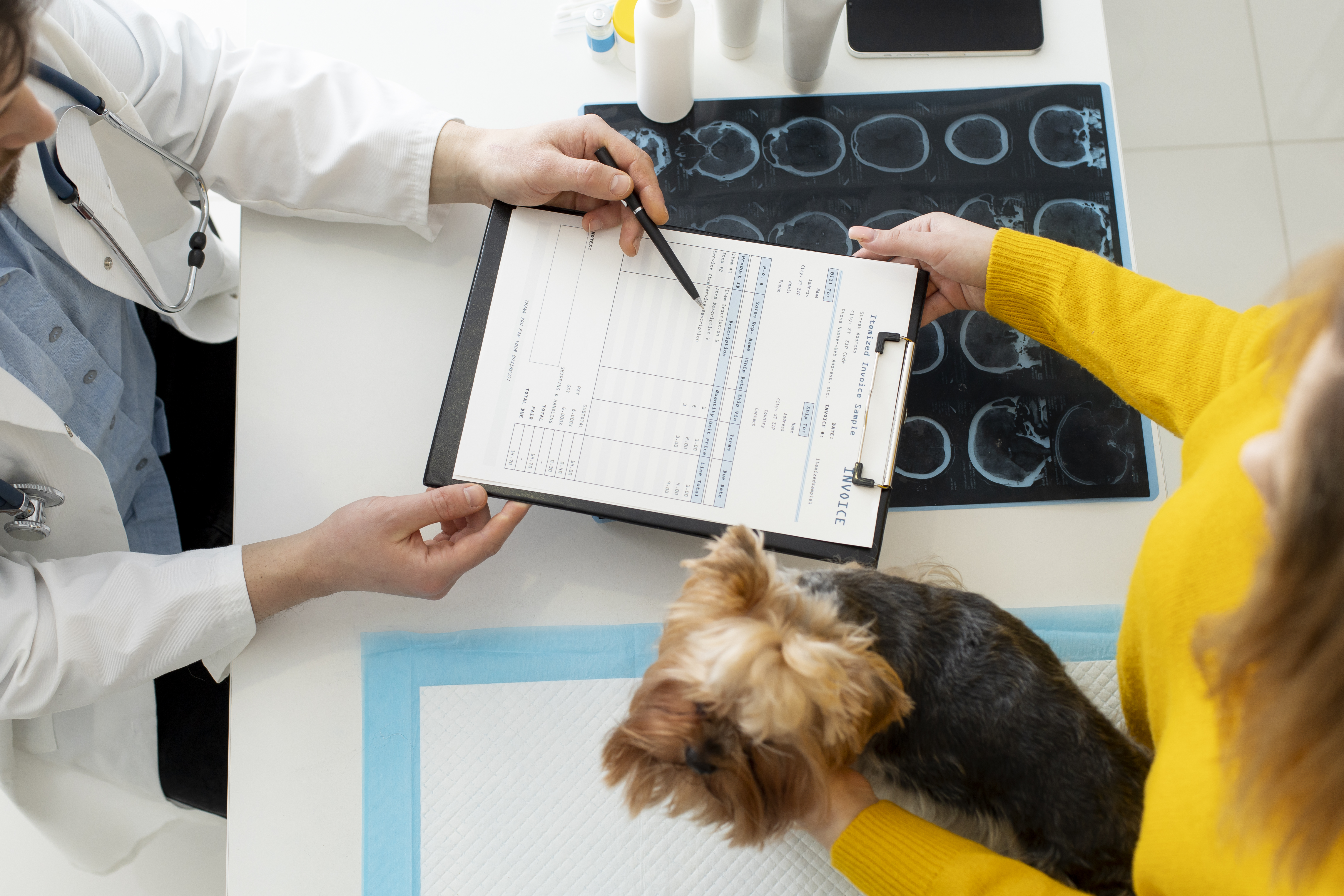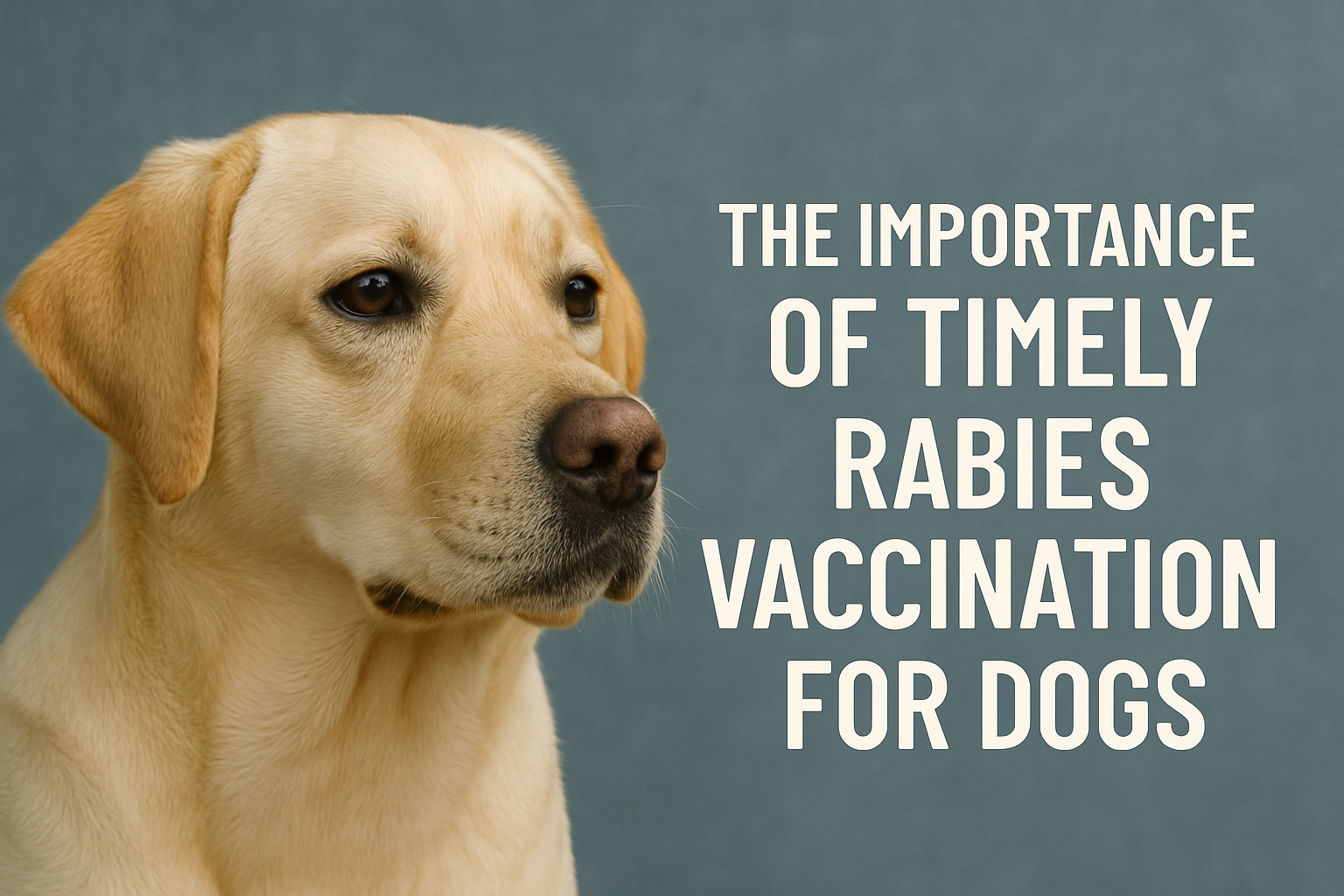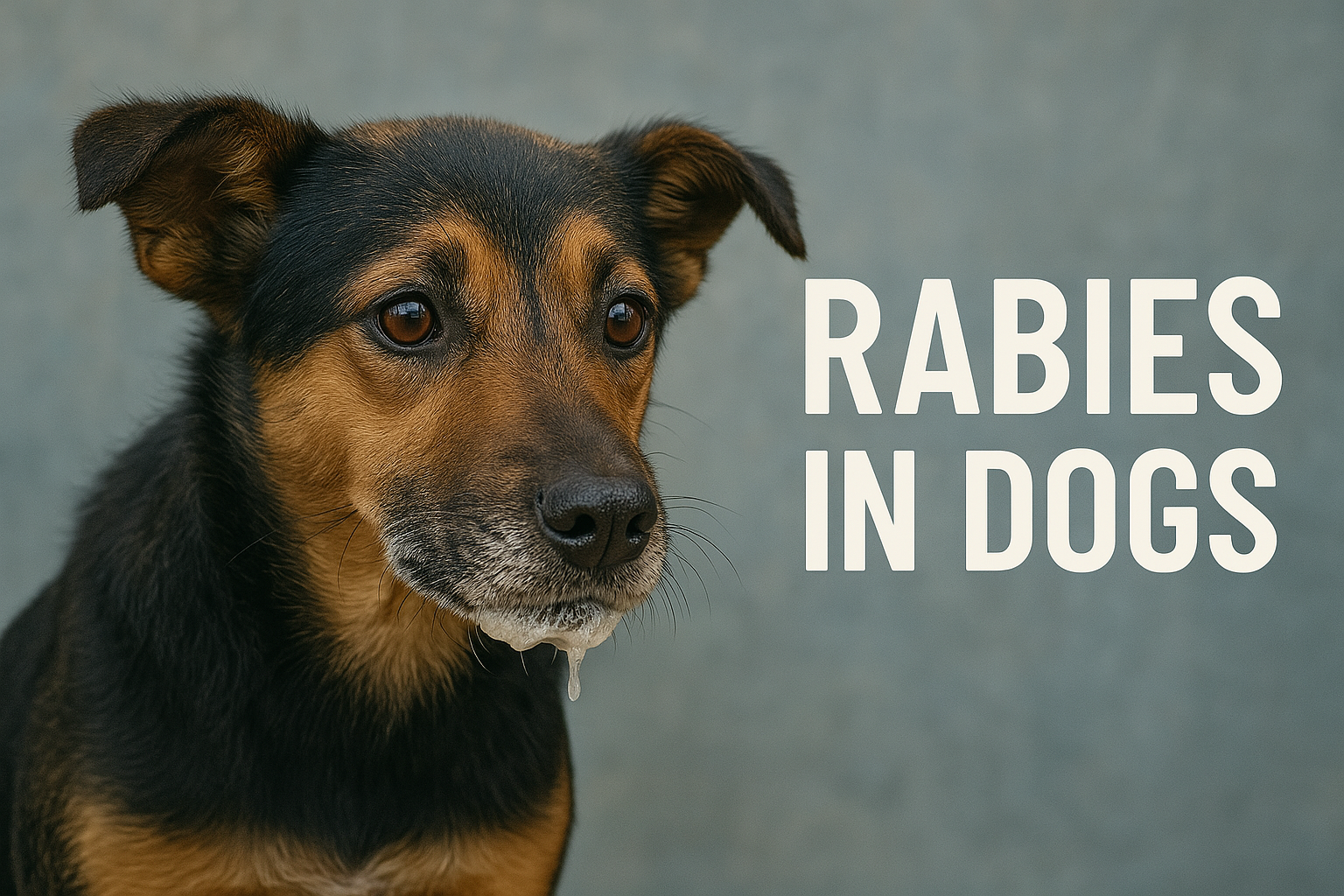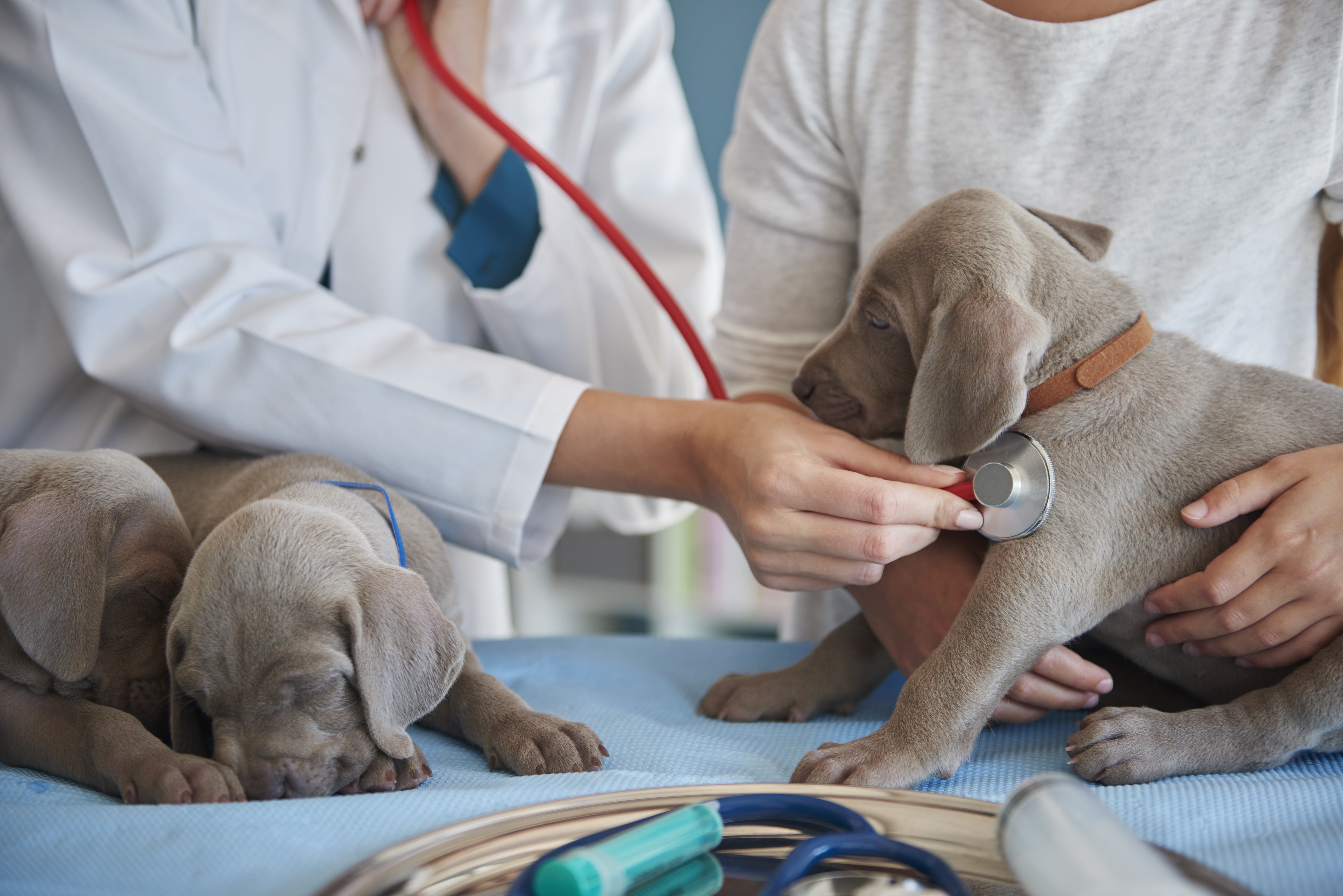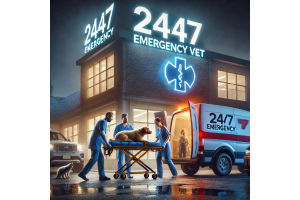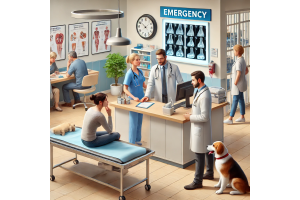Monthly Archives: April 2025
-
2025-04-30
Pets are active creatures and often find themselves in situations that demand urgent medical attention. Pet parents need to be able to recognize when a situation is an emergency, as timely intervention can save their lives. Here are some common pet emergencies that require immediate attention.
- Poisoning
Poisoning is one of the most common emergencies, especially in curious pets. Household items like chocolate, antifreeze, cleaning products, and certain plants can be toxic to pets. If you suspect your pet has ingested something poisonous, act quickly.
- Signs of poisoning: Vomiting, diarrhea, excessive drooling, lethargy, seizures, and unusual behavior.
- Immediate action:
-
2025-04-28
As a pet parent, it’s essential to be ready for any unexpected situations that may arise. Just as we are prepared for emergencies in our own lives, being prepared for a pet emergency can make all the difference when every second counts. Whether it’s an injury, illness, or sudden change in behavior, knowing how to act and being equipped to handle emergencies can significantly reduce stress and ensure your pet gets the care they need without delay. Below are several essential steps to ensure you're fully prepared for any emergency involving your pet.
- Keep Emergency Numbers Handy
In an emergency, every second counts, and the ability to contact the right professionals immediately can make a huge difference in the outcome. Ensuring that you have all the necessary emergency contact information easily accessible is the first step toward being prepared.
-
2025-04-26
When your pet requires surgery, it’s essential to ensure they receive care from a highly skilled surgical team with access to advanced equipment and technology. At Cessna Lifeline, our veterinary surgery hospitals provide comprehensive surgical services, from minor procedures to complex operations. Here’s a detailed look at what to expect from our premier pet surgery hospitals.
1. Experienced Surgeons
At Cessna Lifeline, we employ experienced veterinary surgeons with years of training and expertise. Our surgical team is trained to handle a wide variety of procedures, including soft tissue surgery, orthopedic surgery, and emergency surgeries. Whether your pet needs routine spaying or neutering or more complex surgeries like fracture repair, our surgeons have the skills to perform them safely and effectively.
- &nb
-
2025-04-24
Choosing the best veterinary hospital for your pet’s needs is essential to ensuring their health and wellbeing. In Bangalore, Cessna Lifeline is a leading veterinary hospital offering high-quality services for pets across various medical needs. Here’s a breakdown of why CessnaLifeline’s veterinary hospitals are trusted by pet parents in the area.
1. Range of Services
At Cessna Lifeline, we offer a full range of veterinary services designed to keep your pet healthy throughout their life. These services include:
- Preventive Care: Regular check-ups, vaccinations, and parasite prevention are the backbone of our preventive care approach. We work with you to ensure your pet remains healthy and free from disease.
-
2025-04-22
Cats have unique needs compared to other pets, both in behaviour and health. As a cat parent, it’s crucial to choose a veterinary practice that understands the specific care required for your feline friend. At Cessna Lifeline, we are a specialized veterinary hospital that provides comprehensive care for all pets, with a particular emphasis on cat veterinary services. We understand the importance of feline-specific treatments and cater to your cat’s health needs with expertise. Here’s what you need to know when choosing the best vet hospital for your cat.
1. Cat-Only Practices
One of the best options for your cat is choosing a cat-focused veterinary hospital, and Cessna Lifeline specializes in feline care alongside gener
-
2025-04-20
Dental health is an essential but often overlooked part of your cat’s overall wellbeing. While many pet parents focus on their cat’s diet, playtime, and general health, dental care is just as important for preventing health issues that can affect your pet’s quality of life. Poor oral health can lead to severe conditions, including infections, tooth loss, and even systemic illnesses that can affect your cat’s kidneys, heart, and liver. Just like humans, cats are prone to developing dental diseases, and regular care is essential to maintaining their health. Here's why regular dental care is crucial for your cat, and how to maintain it effectively.
1. Preventing Dental Disease
Dental disease is widespread among cats, with some studies showing that more than 70% of cats over the age of three have some form of dental disease. Without proper care, oral health problems can quickly worsen
-
2025-04-19
Cats, like all pets, can experience medical emergencies that require immediate attention. It’s important to know how to recognize when your cat is in distress and how to respond quickly. Additionally, having knowledge of nearby emergency pet hospitals ensures that you can get your cat the help they need when they need it the most.
1. Common Cat Emergencies
Cats are often independent and resilient, but they can still experience sudden health issues that require emergency veterinary care. Here are some common cat emergencies that demand immediate attention:
- Trauma or Injury: Cats are curious by nature, and they can often get injured while exploring their environment. Falls, accidents, or fights with other animals can result in fractures, bleeding, o
-
2025-04-15
One of the most common myths surrounding dog bites is the belief that a person who has been bitten must receive 14 injections to prevent rabies. This misconception can cause unnecessary fear and confusion. Let’s break down this myth and provide accurate information about dog bite treatment.
1. The Myth of 14 Injections
The idea that a person needs 14 injections after being bitten by a dog is simply not true. In the past, a rabies vaccination regimen was much more complicated, but modern treatments have significantly improved and simplified the process.
- Old Protocols: In the past, the rabies vaccination protocol for dog bites involved a series of up to 14 injections in the abdomen, which understandably caused alarm for those affected.
-
2025-04-13
Dog bites, whether minor or severe, require immediate attention to prevent infection and other complications. Here’s a comprehensive guide to handling dog bite injuries and ensuring proper treatment.
1. Immediate First Aid for Dog Bites
The first step after a dog bite is to provide immediate first aid to reduce the risk of infection:
- Clean the Wound: Gently wash the bite area with soap and water for at least 5 minutes. This helps remove dirt and bacteria from the wound.
- Stop the Bleeding: If the bite is bleeding heavily, apply gentle pressure with a clean cloth or bandage to stop the flow of blood. If the bleeding continues for more than 10 minutes, seek medical a
-
2025-04-11
Cats, like other pets, can face emergencies that require urgent care. However, because cats are often more independent and sometimes harder to read than dogs, it’s important to know what signs to look for and where to take them in an emergency.
1. Common Cat Emergencies
Understanding what constitutes a cat emergency can help you respond promptly. Some common emergencies include:
- Trauma and Injury: Cats may injure themselves by falling from a height, getting into fights, or being involved in accidents. Trauma can lead to broken bones, cuts, or internal injuries.
- Poisoning: Cats are curious creatures and may ingest toxic substances like plants, chemicals, or even foods t
-
2025-04-10
Rabies is one of the most feared diseases in pets and humans. Understanding its progression, especially in dogs, can be crucial for preventing the disease and recognizing its symptoms early. Here’s a detailed look at how rabies progresses in dogs.
1. The Incubation Period
Rabies has an incubation period, which can vary depending on factors like the location of the bite and the amount of virus transmitted. The incubation period typically ranges from 3 to 8 weeks but can vary.
- Factors Influencing Incubation: The severity of the bite, the proximity to the nervous system, and the dog’s immune system can all impact how quickly symptoms of rabies appear. Bites closer to the head or neck may lead to faster symptom onset.
-
2025-04-06
Rabies is a deadly disease that can be transmitted to dogs through bites from infected animals. Early detection is crucial to preventing the progression of the disease, and understanding the clinical signs can make all the difference in your dog’s survival. Here’s a breakdown of the clinical signs of rabies and how to detect them early.
1. Behavioural Changes
One of the first signs of rabies in dogs is a sudden and drastic change in behaviour. The rabies virus attacks the dog’s brain and affects their ability to interact with the environment normally.
- Increased Aggression or Hostility: Rabies often causes dogs to become unusually aggressive. This may include growling, biting, or attacking things that would not normally provoke such behavior. Dogs that were once friendly and c
-
2025-04-05
Rabies is a preventable viral disease, but once symptoms appear, it is almost universally fatal. Timely vaccination is the key to protecting your dog from this deadly disease, and ensuring that your pet is up to date on their rabies shots is a vital aspect of responsible pet care.
1. What is Rabies?
Rabies is a viral infection that primarily affects the brain and nervous system of mammals, including dogs. The disease is typically transmitted through the saliva of an infected animal via bites. Once the virus enters the body, it travels through the nervous system and eventually reaches the brain, causing severe neurological symptoms.
- Transmission: Rabies is most commonly spread by bites from infected animals such as bats, raccoons, skunks, and stray dogs. The virus can also
-
2025-04-04
Rabies in Dogs: How Long Can a Dog Live with Rabies?
Rabies is a rapidly progressing disease, and once symptoms appear, a dog’s survival time is short. Understanding the progression of rabies and how long a dog can survive with the disease is critical in preventing exposure and managing the situation if it occurs.
1. Rapid Disease Progression
Rabies progresses quickly once clinical symptoms appear, and a dog can deteriorate within days.
- Incubation Period: Before symptoms show, the dog may have an incubation period of 3-8 weeks. During this time, the dog appears healthy and normal.
- Onset of Symptoms: Once symptoms appear, the disease typically p
-
2025-04-02
Regular veterinary check-ups are essential for maintaining your pet’s health and well-being. Even if your pet appears healthy, routine visits to a veterinary hospital can help detect health issues early, prevent disease, and ensure they’re living their best life. Here’s why regular visits to a veterinary hospital are so important:
1. Preventive Care and Early Detection
Routine check-ups provide a chance for a veterinarian to catch any potential health issues early, before they become serious or expensive to treat. This proactive approach can save your pet from unnecessary suffering and can be life-saving in some cases.
- Preventive Vaccinations:
-
2025-04-01
With the rise of telemedicine, online veterinary consultations have become more popular. While they offer convenience and accessibility, there are both advantages and limitations to consider. Here’s a look at the pros and cons of online veterinary consultations for pets.
1. The Pros of Online Veterinary Consultations
- Convenience: One of the biggest benefits of online consultations is the convenience they offer. You can consult with a veterinarian from the comfort of your own home, saving time and avoiding the stress of travel, especially for pets that are anxious about visiting a veterinary hospital.
- Access to Specialists: Online consultations give you access t

